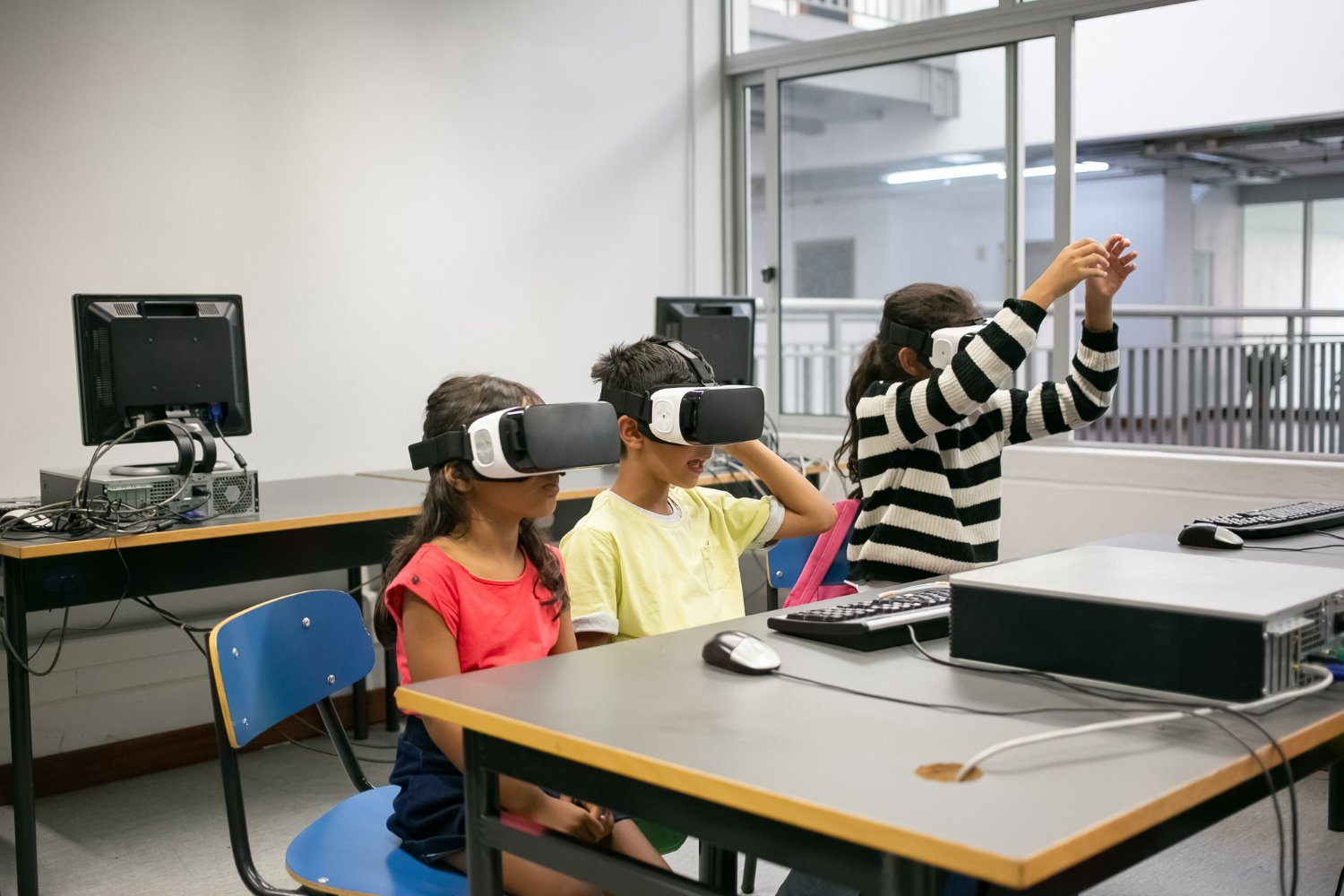AI in Education: How AI Platforms are Transforming the Middle East Education Sector

AI in the education market is predicted to exceed $80 billion by 2030, says a report by Global Market Insights. Another report, published by Markets And Markets, suggests that the global use of AI in the education market could grow up to $3,683.5 million in 2023.
Throughout the world, we have seen a drastic change in the traditional education system. Forced school closures during COVID-19 led to the normalization of tech-based online learning that changed both the teacher’s and parents’ perspectives towards learning.
With the resumption of in-class learning, teachers have realized that technology can be blended with the traditional form of learning to enhance the learning environment and improve the comprehension of students. Like the rest of the world, the Middle East is no exception.
The Impact of the AI on Education Sector
While AI adoption in schools in the Middle East is still in its infancy, big and small education institutes are now taking the idea of AI-powered learning in schools and colleges seriously.
School students have started using AI. Its usage is a certainty and its capability to tackle complex numerical problems in physics, chemistry and math is appreciable,” Imbesat Ahmad, CEO and co-founder of Filo, an instant-tutoring app, told Arab News.
The launch of KITMEK, the Middle East’s first interactive digital school taught by an AI teacher, is a testament to AI’s increased use in the education sector. Operating exclusively in a game-based metaverse, the app offers primary students a global curriculum from kindergarten to grade 5 for just $1 a month.
“The future is digital schooling and AI teachers as they can deliver the highest quality education, customized to the child’s learning capabilities,” Anand Kadian, CEO of KITMEK, told Arab News.
“Children can learn and relearn at their own pace as well as can easily access lower grades to revise any topic they want,” adds Kadian.
Up to 70 percent of children in lower-and middle-income countries are in “learning poverty,”; in simple terms, they lack a basic age-10 literacy, according to UNESCO, UNICEF and World Bank research.
The blend of artificial intelligence in online learning will fill this gap and pave the way for equal access to the best learning resources for every kid in the Middle East, irrespective of their class.
AI certainly possesses the potential of simplifying teaching and learning process for both teachers and students respectively. AI is already creating waves within the UAE education sector through offering revolutionary features like virtual learning environment, voice assistants, and grading software’s. AI without any doubt is here to stay and will surely revolutionize the global education sector.
Author Bio
Kashif Faraz is a content marketing specialist at Digital Gravity, with knack of writing articles, press releases and blogs on AI and Machine learning, and how these technologies are shaping the global education sector.
Last Updated on 2 years by Kashif Faraz












